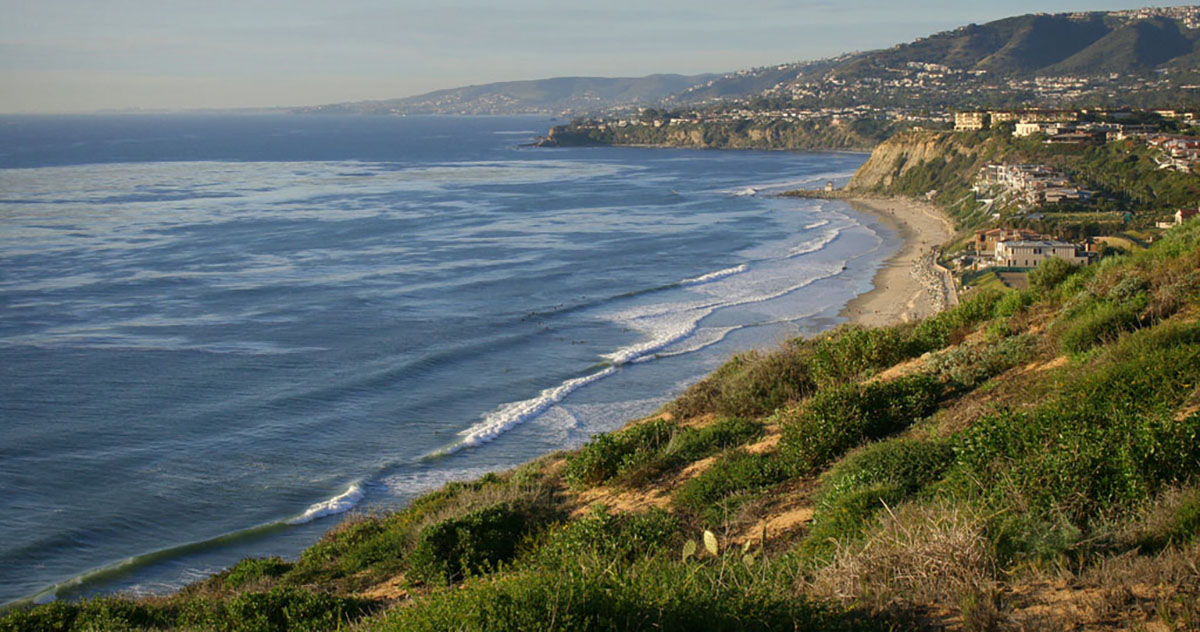USFWS Coastal Program
The Coastal Program is a voluntary, partnership-based, habitat conservation program located in 24 priority coastal areas along the Atlantic and Pacific Oceans, Gulf of Mexico, Great Lakes, and in the Caribbean. Within these areas, conservation efforts are guided by a national strategic plan that integrates USFWS priorities with the shared conservation goals of conservation partners and stakeholders.

USFWS delivers habitat conservation through locally-based staff who provide technical and financial assistance for habitat conservation planning and design, and implement habitat restoration, conservation outreach, due diligence for easements, and protection projects.
Funding is available annually through the National Coastal Wetlands Conservation Grants Program, which provides grants of up to $1 million to coastal and Great Lakes states, as well as U.S. territories to protect, restore and enhance coastal wetland ecosystems and associated uplands. The Program is funded by revenues collected from excise taxes on sport fishing equipment, electric motors and sonar, import duties on fishing tackle, yachts and pleasure craft, a portion of the gasoline tax attributable to motorboats and small engines, and interest on the fund, under the authority of the Dingell-Johnson Sport Fish Restoration Act of 1950.
Eligible projects include the acquisition of real property interest in coastal lands or waters and the restoration, enhancement, or management of coastal wetlands ecosystems.
For more information and specific questions contact your Regional Coordinator.
Guide to the National Coastal Wetlands Conservation Grants


